Health awards fully funded PhD fellowships to eight researchers
Twice a year, the faculty awards fully funded PhD fellowships to talented researchers with promising careers ahead of them. The second pool of the year has now been distributed, and eight researchers can look forward to being enrolled as PhD students at the graduate school at Health.
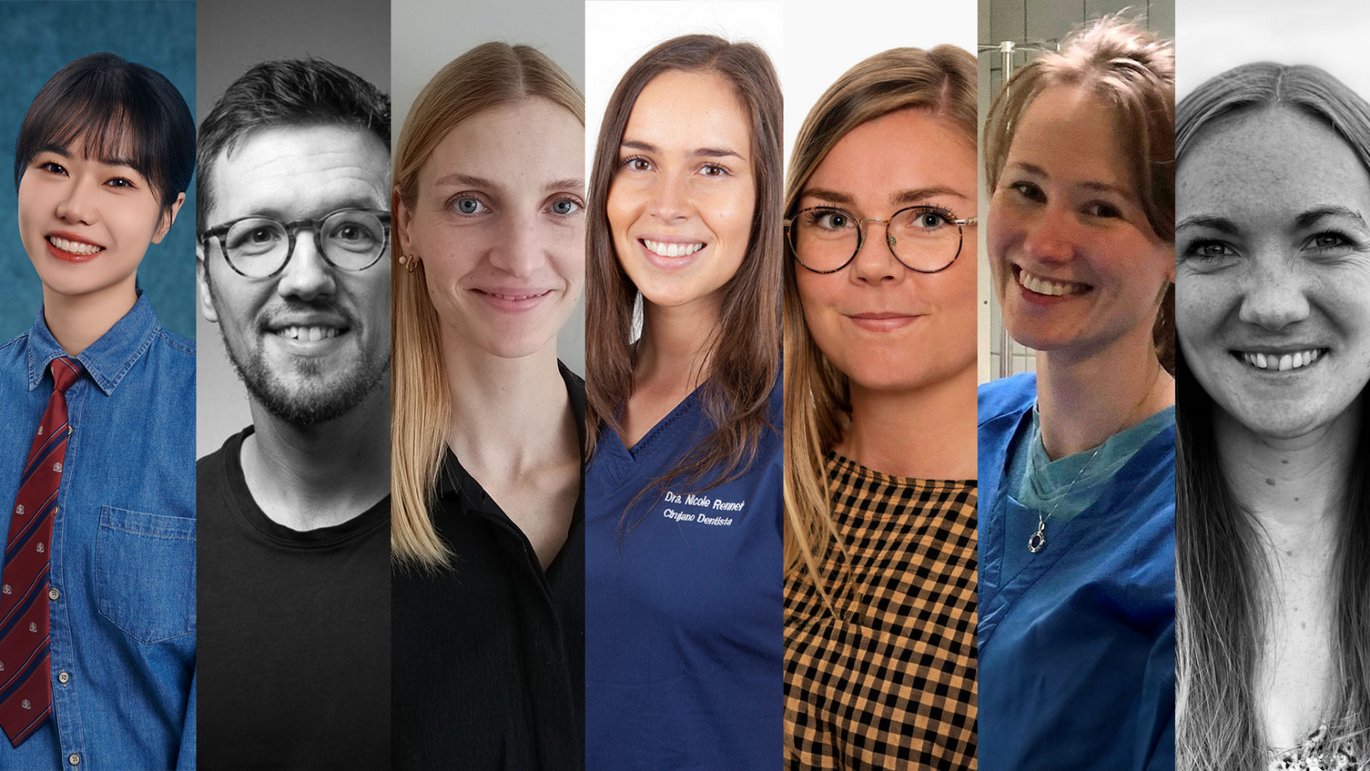
About the Faculty's fully funded PhD fellowships
- The faculty awards fully funded PhD fellowships twice a year based on open calls for proposals. The exact number of PhD fellowships is determined prior to each round of funding.
- The PhD fellowships are awarded based on a number of assessment criteria and the Scholarship Committee's expert assessments of the applicants' qualifications, talent and project.
- The Scholarship Committee is appointed by the dean and acts as an advisory body. The committee members represent the academic diversity at Health.
- A fully financed PhD fellowship covers three years' salary and expenses related to carrying out studies.
- The next round of funding will take place at the end of the spring semester.
In the second round of funding in 2023, the faculty has invested in eight new PhD students. Two of them are affiliated with the Department of Public Health, one with the Department of Dentistry and Oral Health, while the others are affiliated with the Department of Clinical Medicine. There is a wide range of topics between them, spanning from difficulty in walking to inflammatory bowel disease.
The new PhD students are:

Chen Zhang, Department of Clinical Medicine
Title: The Crosstalk in Peripheral Nerve Microenvironment of Multiple Acyl-CoA Dehydrogenase Deficiency: Implications for Mitochondrial Fatty Acid Oxidation and Neurorehabilitation.
Principal supervisor: Associate Professor Rikke Katrine Jentoft Olsen
About the PhD project: Chen Zhang is focused on understanding and treating the rare genetic disorder known as MADD. It is primarily caused by mutations in the electron transfer gene, which leads to malfunctions in fatty acid oxidation (FAO). There is no satisfactory treatment at this time, so the aim of the project is to find better treatment methods for MADD and other disorders related to FAO, such as diabetes.
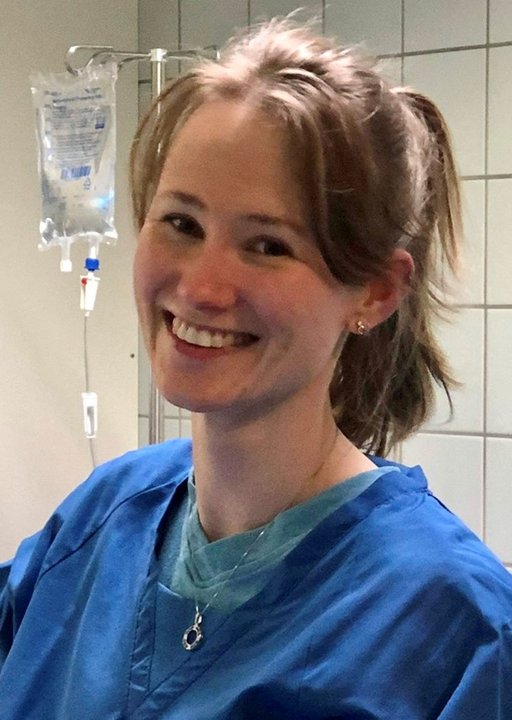
Cecilie Munch Johannsen, Department of Clinical Medicine
Title: Reducing neurological injury following cardiac arrest
Principal supervisor: Professor Asger Granfeldt
About the PhD project: Cecilie Munch Johannsen will examine the development of brain damage following cardiac arrest. Using clinically relevant pig models and advanced MRI scanning methods, she will examine how brain oedema and the brain's blood flow change over time. The results can contribute with new knowledge on how to improve treatment after resuscitation.
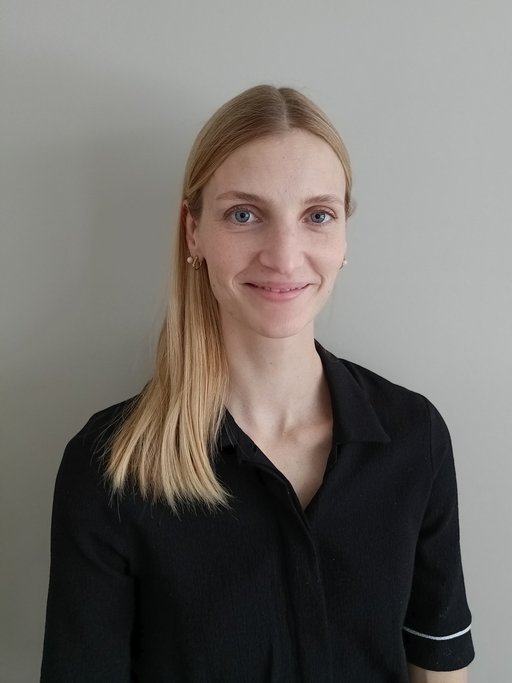
Cæcilie Skejø, Department of Public Health
Title: Inflammatory bowel disease during pregnancy its impact on offspring's health and development
Principal supervisor: Associate Professor Bodil Hammer Bech
About the PhD project: Cæcilie Skejø will study how inflammatory bowel disease (IBD) in pregnant women affects the health and development of their unborn children. Many women with IBD receive immunosuppressant medications both before and during pregnancy, which has raised concerns about how these medications impact the fetal immune system and neurological development. The goal is to provide valuable insights that can be used when counselling IBD patients who are considering pregnancy.
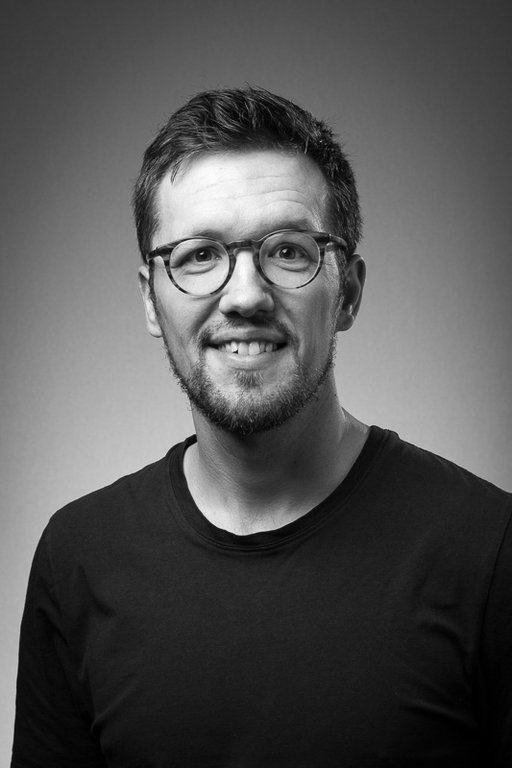
Title: Efficacy of community-based brisk walking on physical function, mental health, comorbidities, cognition, and disease severity in persons with Parkinson's disease. A randomized controlled trial.
Principal supervisor: Ulrik Dalgas
About the PhD project: Patients with Parkinson's (pwPD) have reported that difficulty walking is the symptom they most want to alleviate. In his PhD project, Frederik Bonde Jensen will therefore investigate the effectiveness of a 24-week walking intervention that combines both supervised and unsupervised walking training pwPDs, as well as individual and group-based walking training.
Title: First-line treatment for femoroacetabular impingement syndrome: a multicenter randomized controlled trial comparing a 6-month supervised strength exercise intervention to usual care on hip-related quality of life. (The Better Hip Trial).
Principal supervisor: Professor Inger Mechlenburg
About the PhD project: Femoroacetabular impingement syndrome (FAIS) is causing hip pain. In his PhD project, Frederik Foldager will examine whether strength training can improve function, muscle strength and, not least, hip-related quality of life in patients with FAIS. He will use randomised controlled trials with outcome measurements at 3, 6 and 12 months.

Title: Effect of Finerenone on Cardiovascular Target Organ Damage in Patients with Type 2 Diabetes – A Randomized Trial.
Principal supervisor: Per Løgstrup Poulsen
About the PhD project: In a large randomised trial, Lene Halkjær will study the effect of the drug Finerenone on patients with type 2 diabetes who are already being treated with a new class of diabetes medicine called sodium-glucose cotransporter inhibitors. The goal is to use advanced MRI technology to uncover how Finerenone affects cardiovascular diseases and renal damage.
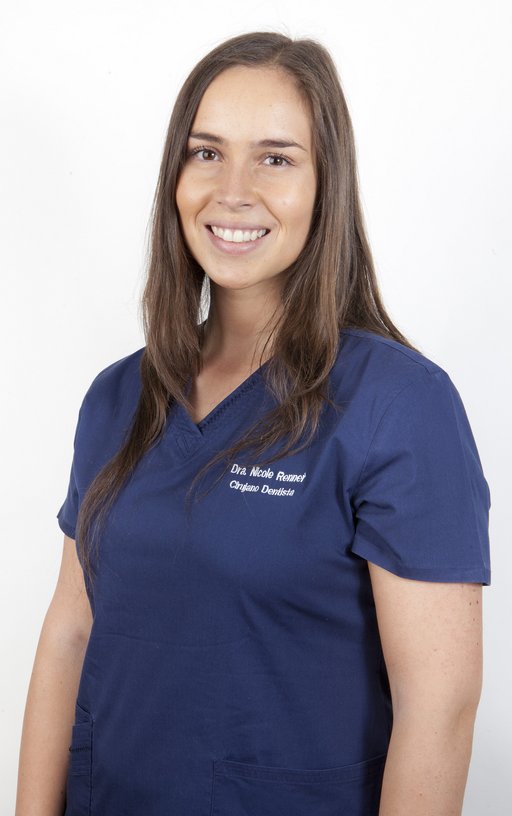
Title: Orofacial pain mechanisms (OPINE): can we distinguish between nociceptive, neuropathic or nociplastic?
Principal supervisor: Peter Svensson
About the PhD project: Nicole Renner will research temporomandibular disorders (TMD), which are the primary cause of pain in the orofacial area not related to teeth. By distinguishing between different types of pain and mechanisms, the goal is to improve the understanding of TMD, which can lead to more targeted and effective treatment strategies for patients.

Title: Dalbavancin – a novel antibiotic drug for long interval treatment of staphylococcal bone and joint infections.
Principal supervisor: Mats Høy Bue
About the PhD project: Sara Kousgaard Tøstesen will improve the treatment of bacterial orthopaedic infections, such as osteomyelitis and spondylodiscitis, which are some of the most difficult infectious diseases to treat. The project will investigate the use of Dalbavancin, a new antibiotic with an unusually long half life, and the goal is to pave the way for introducing Dalbavancin in Denmark.